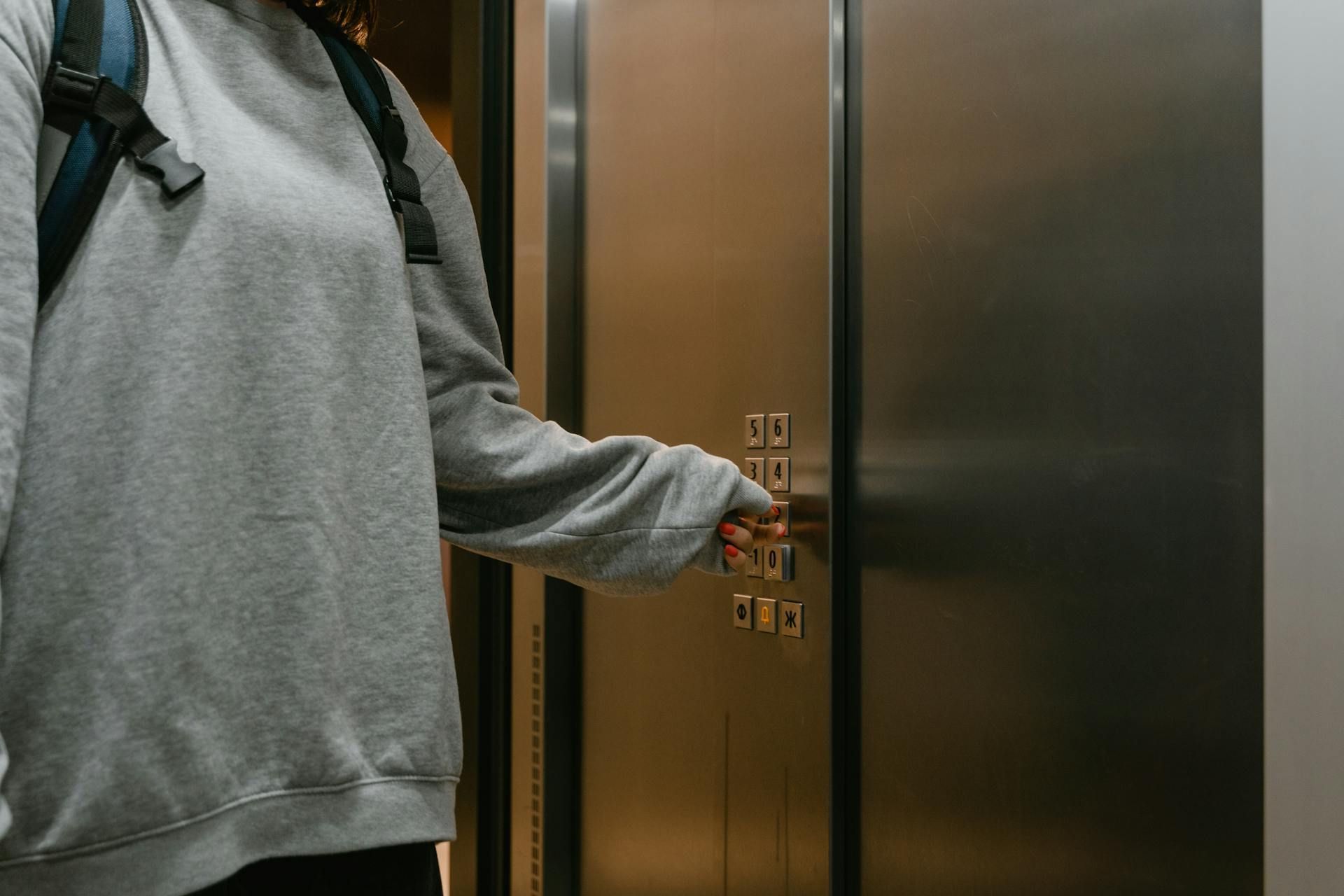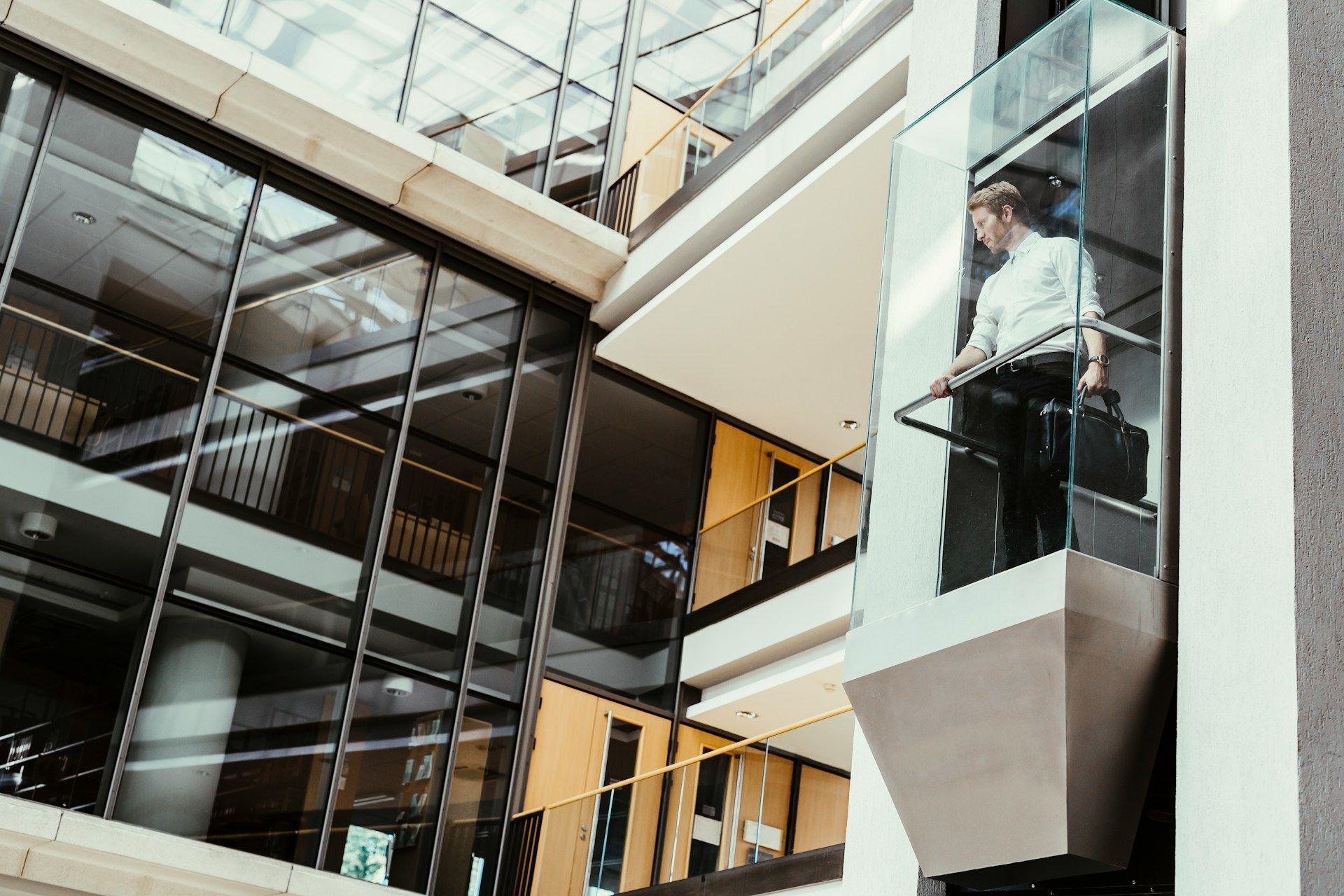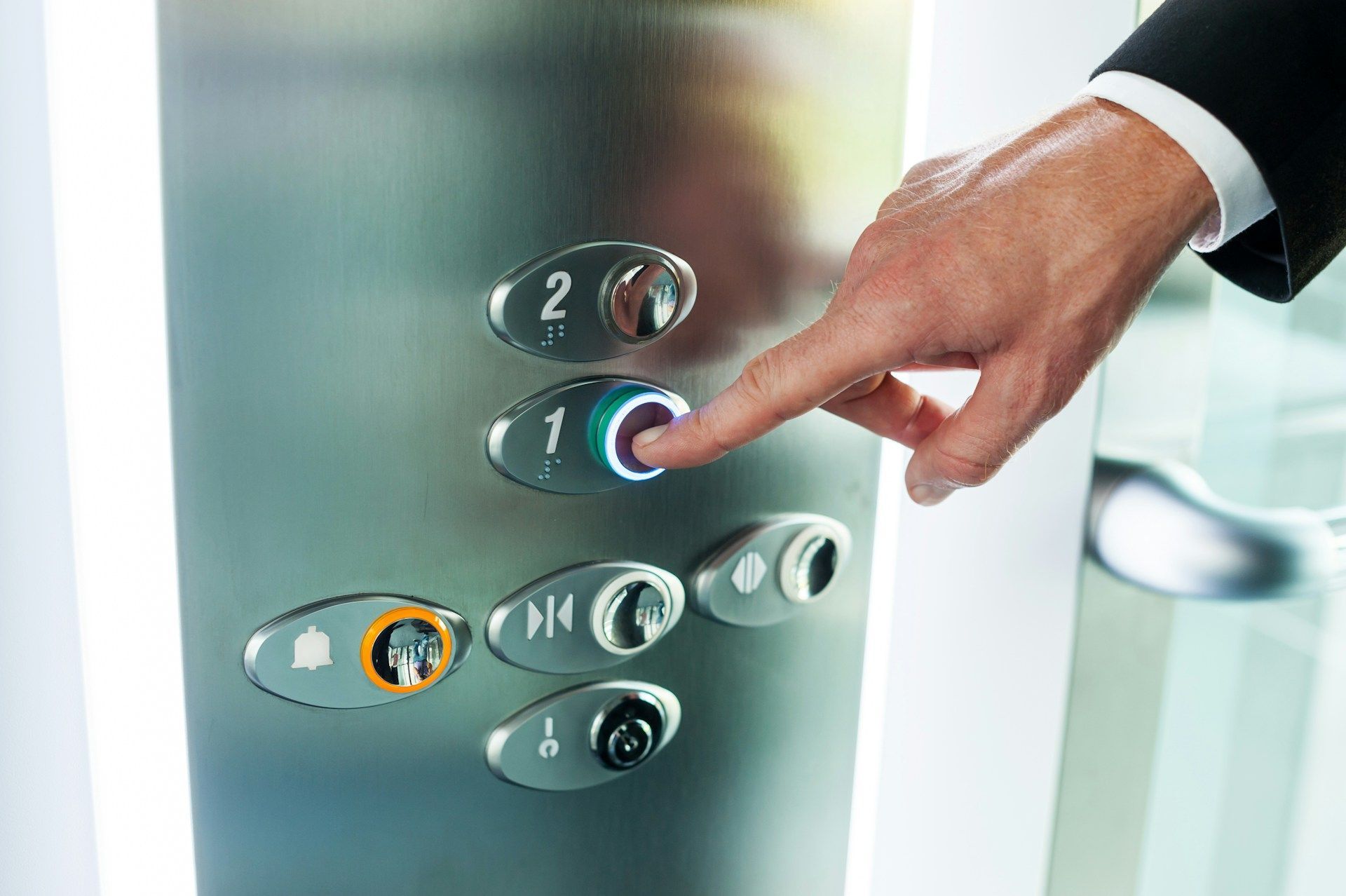Elevator ADA Compliance Issues in Indiana Commercial Buildings
When it comes to the functionality and safety of commercial buildings in Indiana, elevators play a critical role. Ensuring these elevators meet the Americans with Disabilities Act (ADA) standards is not just a legal obligation but also a step towards promoting accessibility for everyone. ADA compliance is about more than following rules; it's about creating spaces where people with disabilities can easily and safely navigate. Ignoring these requirements can lead to significant consequences, including fines and legal issues, but more importantly, it can prevent individuals from accessing necessary facilities and services.
Taking the time to address ADA compliance issues helps create a more inclusive environment for all. Businesses that prioritize ADA standards make a clear statement about their commitment to equal accessibility. It’s essential to understand what ADA compliance entails for elevators and how it applies specifically to commercial buildings in Indiana. Adhering to these guidelines demonstrates respect and care for every individual, ensuring buildings are usable for everyone, regardless of mobility challenges.
Understanding ADA Compliance for Elevators
ADA compliance for elevators means ensuring that all features designed for use by people with disabilities are available in every elevator within a commercial building. This includes specific requirements like accessible control panels, which should be within easy reach for someone in a wheelchair, and doors that remain open long enough to allow safe entry and exit. The design and operation of the elevator must prioritize ease of use for individuals with mobility impairments, guaranteeing independent access and safety.
In Indiana, the specifications for ADA compliance are detailed and clear. Here are some key requirements elevator companies in Indiana need to consider:
- Control Panels: Buttons must be within a reachable height and should have Braille lettering for visually impaired users.
- Door Timing: Doors need to remain open long enough to accommodate individuals using mobility aids.
- Audible Signals: Elevators should have audible signals indicating which floor is reached, benefitting those who are visually impaired.
These requirements ensure that all users, regardless of ability, have the same level of access and safety when using building facilities. Meeting ADA compliance not only fulfills a legal requirement but it also broadens the accessibility and usability of a building, making it a welcoming place for everyone.
Common ADA Compliance Issues in Indiana Commercial Buildings
While the importance of ADA compliance is understood, some common issues can still arise, particularly in older buildings that may not have been initially designed with such standards in mind. One issue often seen is outdated equipment that doesn’t meet current ADA standards. This can include everything from inaccessible control panels to lack of proper signage.
Some Indiana-specific challenges may involve:
- Height of Control Panels: Retrofitting old panels to meet ADA standards can be overlooked, leading to difficulties for wheelchair users.
- Insufficient Door Time: Doors closing too quickly, especially in older models, can be troublesome for those using mobility aids.
- Lack of Visual and Audible Signals: Both are necessary so individuals with visual or hearing impairments can effectively use the elevator.
These issues underline the importance of regular audits and updates to existing facilities to ensure continuous compliance. By addressing these common pitfalls, commercial buildings in Indiana can improve access and functionality, making sure all visitors and employees have equal opportunities to reach their destinations safely and independently.
How to Ensure Your Elevator is ADA Compliant
Maintaining ADA compliance for elevators requires a proactive approach. Regular inspections and updates are essential. Begin by scheduling frequent audits, during which professionals can assess the equipment and ensure it meets all standards. This way, any potential non-compliance issues can be flagged and resolved before they become serious problems.
Here are some steps to make sure your elevator remains compliant:
- Schedule Regular Inspections: Engage experts who can conduct thorough checks of the elevator’s compliance status.
- Update Equipment: If components fall below ADA standards, invest in upgrades like new control panels or door timers.
- Employee Training: Ensure that building staff are trained to understand compliance needs and can identify when there's a lapse.
Working with professional elevator companies in Indiana provides the expertise needed to execute these steps efficiently. Professionals know the nuances of local regulations, ensuring the elevators not only remain compliant but also function optimally. This collaboration with industry experts ensures peace of mind, keeping the focus on user safety and accessibility.
Benefits of ADA Compliant Elevators
ADA compliant elevators bring multiple benefits. First and foremost, they foster an inclusive environment where everyone, regardless of physical ability, can access building facilities equally. This inclusivity elevates the reputation of the business and creates a welcoming atmosphere that users appreciate.
Beyond inclusivity, compliance with ADA guidelines also reduces the risk of legal issues. By ensuring elevators meet mandatory standards, building owners can avoid potential lawsuits and fines, which can be costly and damaging to reputation. ADA compliance ensures legal responsibilities are met, keeping businesses on the right side of regulations.
Professional Support for ADA Compliance
Securing professional assistance is key to maintaining ADA compliance. Expert services can guide you in understanding current requirements and identifying areas for improvement. They offer a wealth of knowledge, particularly about state-specific requirements in Indiana, providing tailored solutions to keep your elevators compliant.
Professionals ensure every aspect of the elevator, from control panel height to door timing, meets ADA standards. By relying on this expertise, businesses can focus on other operations, knowing their elevators are safe and accessible. Such partnerships are invaluable, ensuring elevators remain up to date with any changes in regulations.
Staying Compliant
Ensuring elevators remain ADA compliant is a continuous process. Consistent attention to guidelines and proactive maintenance prevent any lapses in compliance. Regular inspections, upgrades, and professional consultations are vital steps in this ongoing effort.
By committing to routine checks and improvements, building operators not only meet legal requirements but also champion accessibility and safety. In doing so, they create environments that accommodate everyone, reflecting a commitment to community values and inclusivity. Engaging with knowledgeable professionals ensures this dedication to compliance translates into effective action.
For businesses looking to maintain ADA compliance in Indiana, choosing the right partner is key. Consider working with Elevator Solutions Inc., one of the leading
elevator companies in Indiana, to ensure your building meets all accessibility standards. Their expertise in state-specific regulations can provide the guidance and support necessary to keep your elevators compliant and your guests safe.



